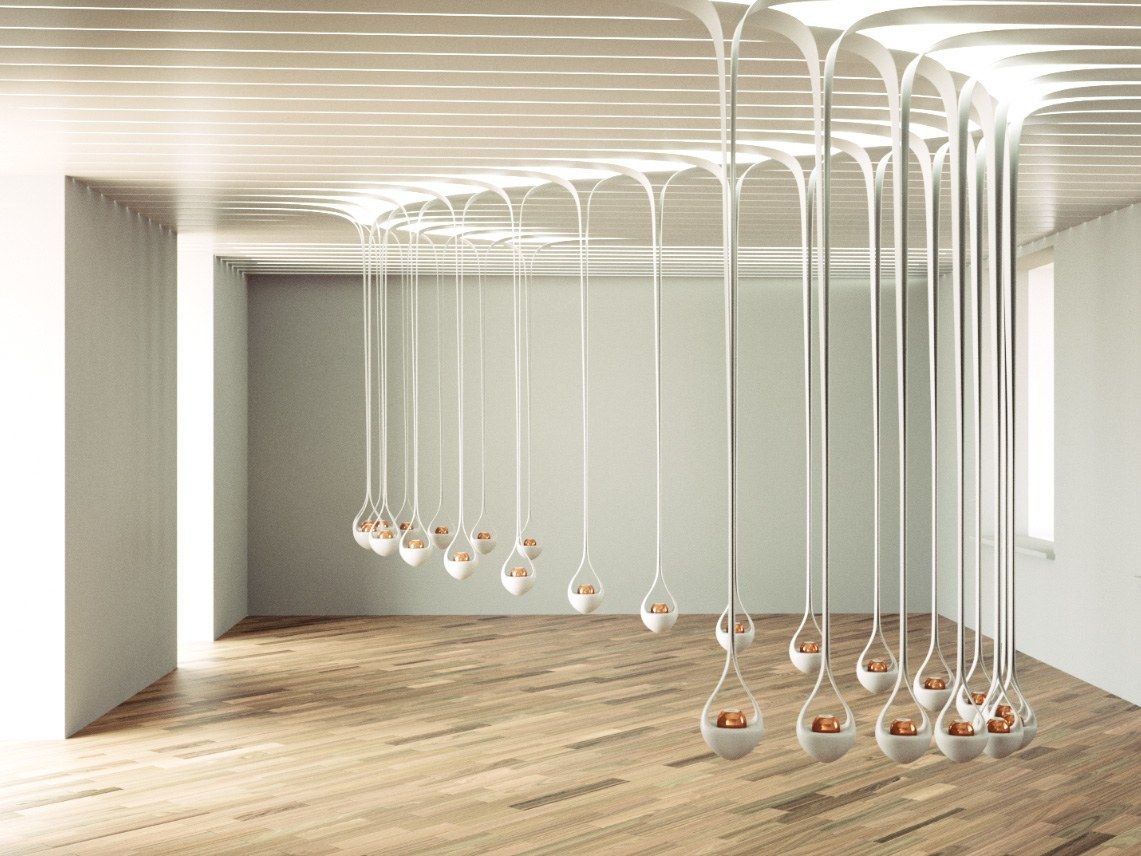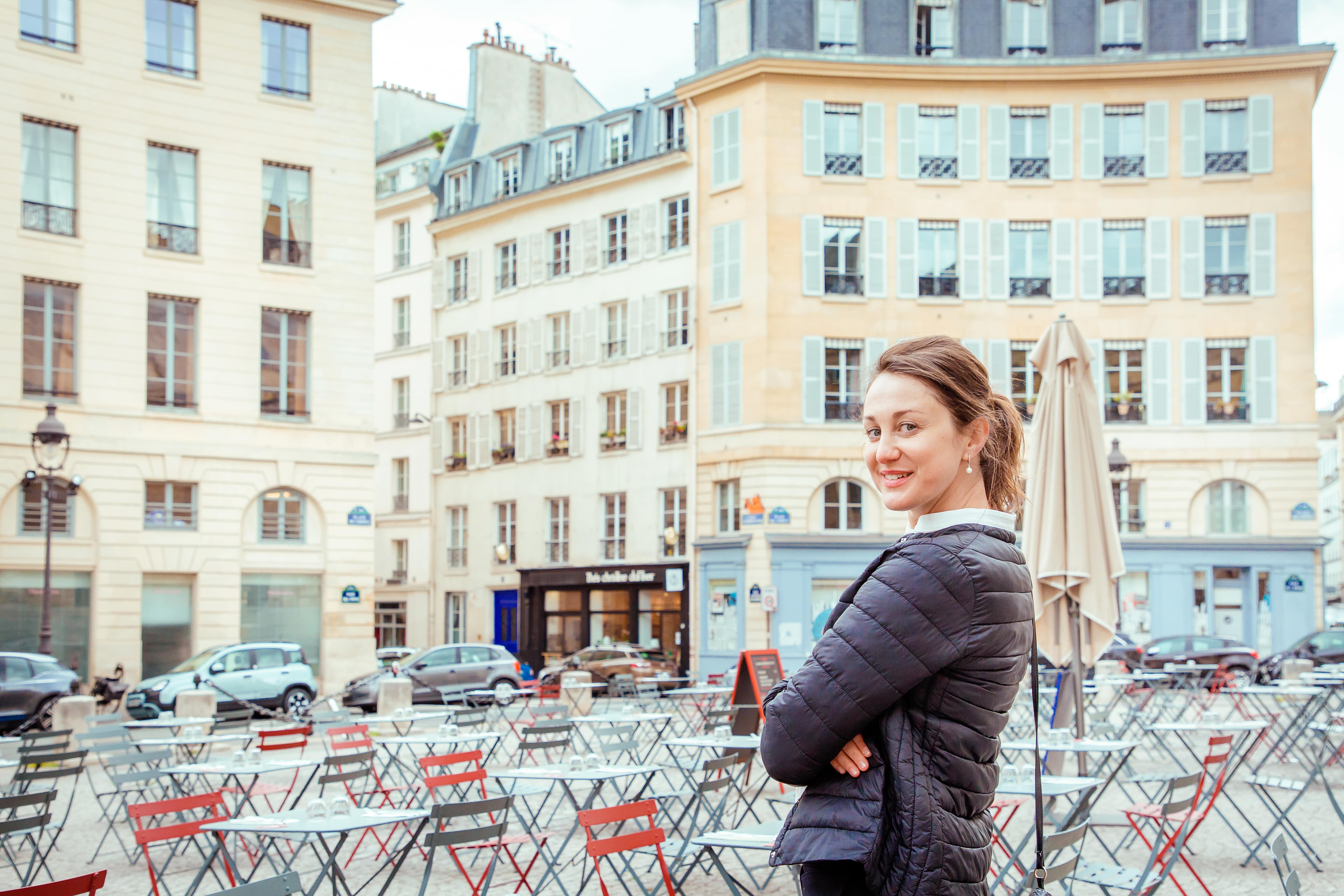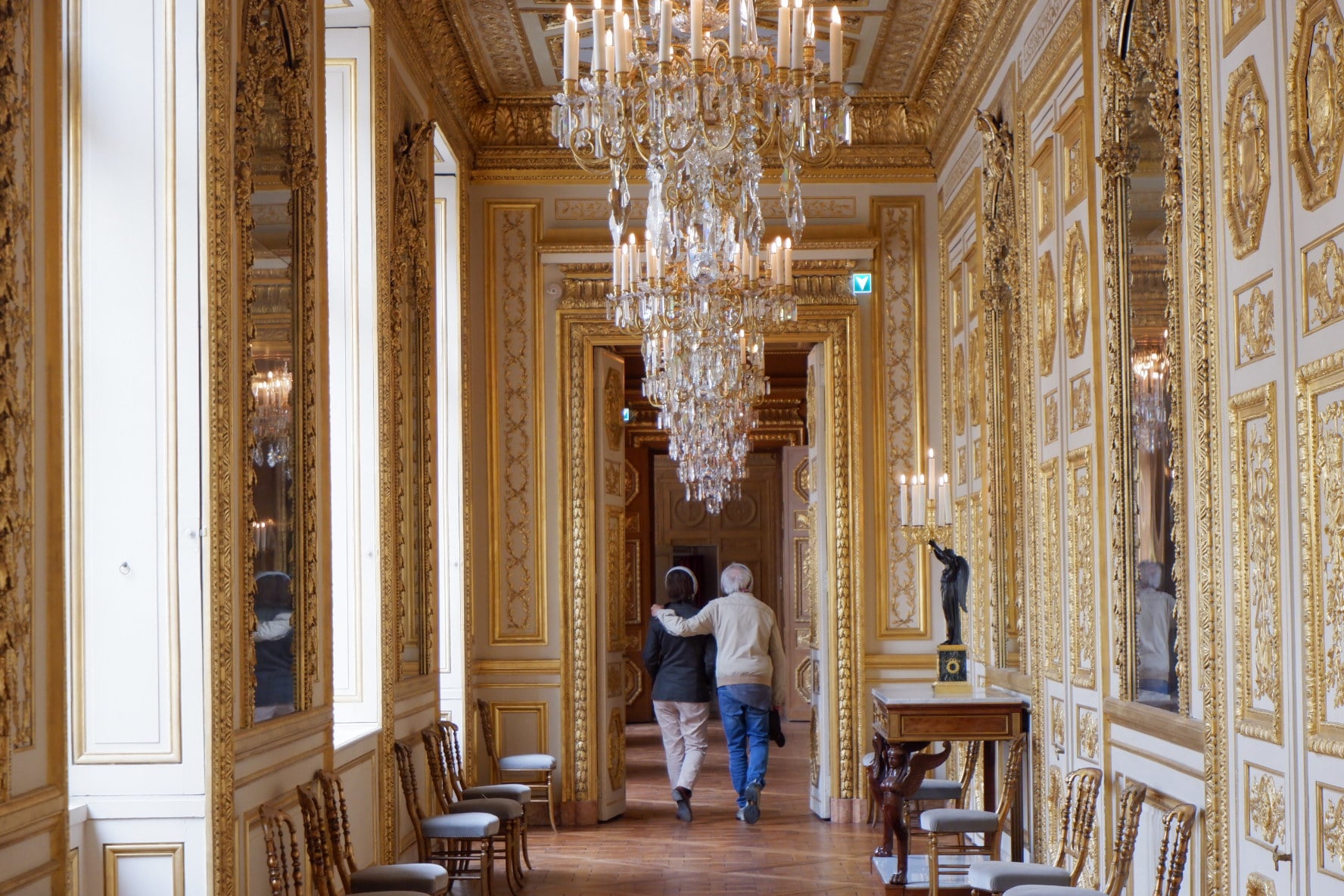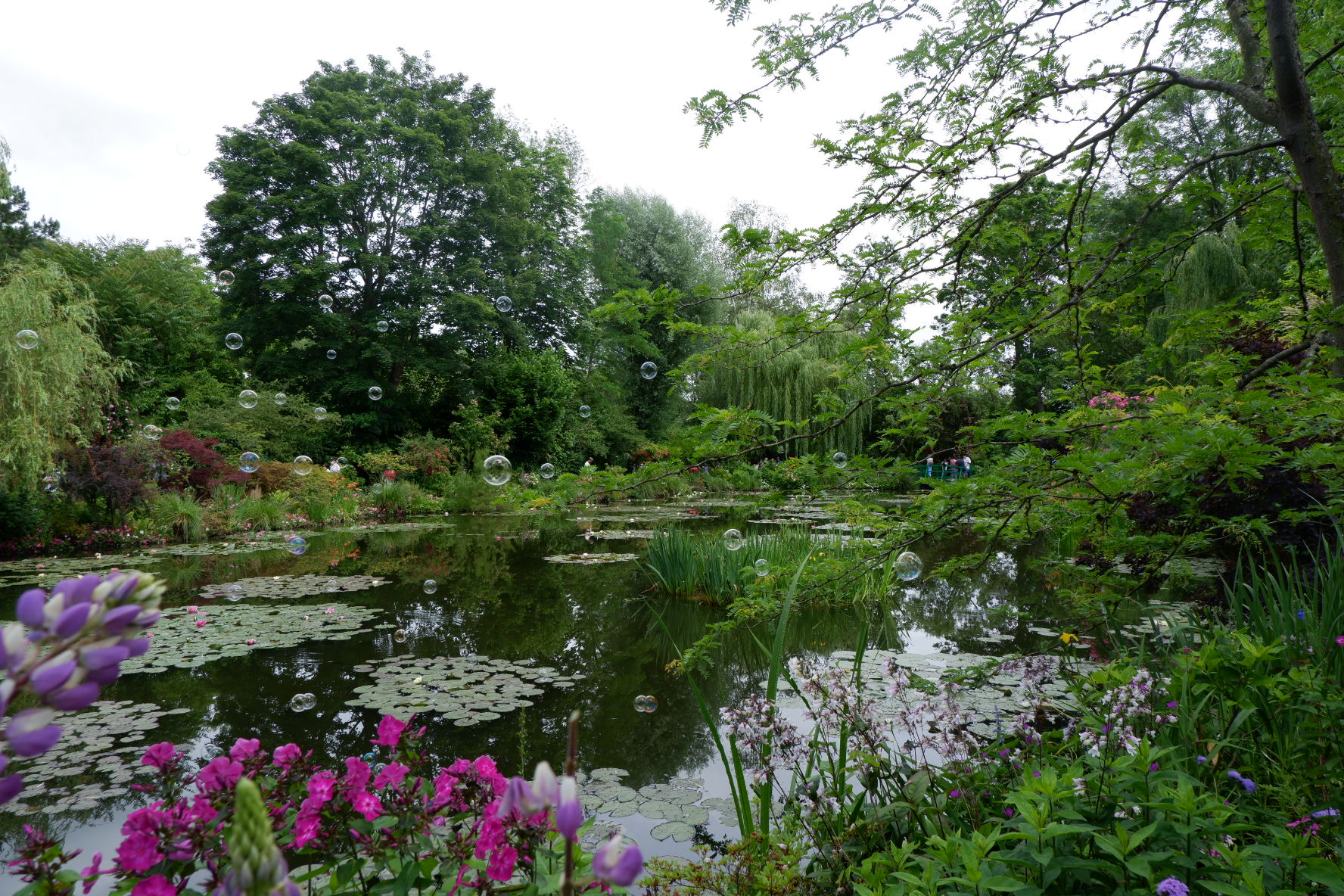L’Art de vivre
à la française
à la française
L’Art de vivre
à la française
Paris and Perfume
Paris and Perfume: the beginning of a longlasting friendship
Part 1
Have you ever thought of what appeard first: Paris or Perfume?
The answer seems to be evident, and yet.
I invite you to explore better the origins of the perfume and its alliance with Paris.
My sincere interest in the nature of perfumes was awakened basically thanks to the book with authentic name “The Perfume: The story of a Murderer” by Patrick Süskind. Certain passages, that touched me most, I knew by heart:
“Just like a musical chord, a perfume chord contains four essences or notes, carefully selected for their harmonic affinity. Each perfume contains three chords, necessitating twelve notes in all: the head, the heart, and the base.
The head chords contain the notes of the first impression, before giving way to the heart chord – the theme of the perfume lasting several hours. Finally, then comes the base chord – the trail of the perfume, lasting several days.”
The life story of the main hero Jean-Baptiste Grenouille begins in Paris and in Paris it ends. Why this city?
In the 18th century, it is the biggest European capital, where hand by hand with the disgusting smell of dirty medieval streets, appear the first Perfume creators.
But the story of the perfume starts much earlier, around 3000 BC.
Ancient Egypt
Ancient Egypt is considered to be the cradle of the mythical Egyptian civilization. It was the era of divinities and mysticism, where the perfume took its honored important place. In effect, the priests were the ones who possessed the power to create the perfumes at that time. They appeared in the form of oils, liquors, and incenses. The essences were often used for the divine cults. When burned they emanated the fragrant smoke rising towards the sky - in that way mortals communicated with their Gods.
Greco-Roman civilization
Did you know, by the way, that the word “perfume” comes from Latin "per fumum" which means "by the smoke"? The Greeks too they paid homage to their gods by burning fragrant materials. The Romans in their turn have taken up the Hellenic religious rites and adapted it to their culture.
With the annexation of Egypt by the Roman Empire, it was the apotheosis of the perfume glory and usage. The Romans went completely creasy about it!
The Middle Ages
This period marked the decline of the perfume. In the time's extreme Puritanism, for the church, it becomes synonymous with paganism, seduction, witchcraft, evil. Nevertheless, the perfume preserved its reputation of being a powerful instrument against the epidemics that water brought.
Luckily, the know-how in perfumery survived in the East. Alchemists invent the distillation of alcohol and open the way to modern techniques in perfumery.
The Renaissance
This is the time of the explorers such as Magellan and Christopher Columbus, and many others who ventured into the far unknown lands. They brought with them precious and fragrant new raw materials. We discover jasmine, amber, vanilla, and spices. This period is also marked by the lack of hygiene; we wash our bodies very rarely. In essence, it is the priority of the nobles and the rich bourgeois, to wear often strong and heady perfumes in order to hide the unpleasant smell of their body. I remind you that water was considered to be impure and contagious at that time.
Finally in the 18th-century perfume captures Paris. I invite you to read about it in part 2 of Paris and Perfume's story. To be continued…
La versione in Italiano.
Parigi e profumo: l'alleanza magica
Parte 1
E quindi, avresti una idea di cosa è apparso prima: Parigi o il Profumo?
La risposta sembra d’essere chiara, eppure. Ti invito di scoprire asieme gli origini e la storia del profumo e il suo legame con città di luce...
Il mio interesse verso la natura del profumo ero risvegliato principalmente grazie al libro con il nome autentico "Il Porfumo” di Patrick Süskind.
Certi passaggi, che mi hanno toccato di più, gli sapevo a memoria:
“Proprio come un accordo musicale, quello di profumo contiene quattro essenze oppure note, accuratamente selezionate per la loro affinità armonica. Ogni profumo contiene tre accordi, che richiedono in tutto dodici note, sono la testa, il cuore e la base. Gli accordi di testa contengono le note della prima impressione, prima di lasciare il posto all'accordo di cuore - il tema del profumo che dura diverse ore. Infine, arriva l'accordo di base: la traccia del profumo, che dura diversi giorni. ”
La storia della vita dell'eroe Jean-Baptiste Grenouille inizia a Parigi e finisce lì.
Perché proprio questa città?
Nel XVIII secolo, è la più grande capitale europea, dove mano a mano con l'odore disgustoso e di strade medievali, appaiono i primi creatori delle fragranze.
Ma in in realtà la storia del profumo inizia molto prima, intorno al 3000 a.C.
L’Antico Egitto
L'antico Egitto è considerato la culla della mitica civiltà egizia.
L'era delle divinità e del misticismo, dove il profumo occupava un posto molto importante. In effetti solo i preti possedevano il potere di creare i “profumi” in quel momento. Non sono ancora chiamati in quel modo evidentemente, apparivano sotto la forma di oli, liquori e incensi. Le essenze venivano spesso utilizzate per i culti divini. Quando venivano bruciati emanavano il fumo fragrante che si alzava verso il cielo - in questo modo i mortali comunicavano con i loro dei.
La civiltà greco-romana
A proposito, sapevi che la parola "profumo" deriva dal latino "per fumum" che significa "dal fumo"? Anche i Greci hanno reso omaggio ai loro dei bruciando materiali profumati. I romani a loro volta hanno adottato i riti religiosi ellenici e li hanno impiantato nella loro cultura.
Con l'annessione dell'Egitto al Impero romano, fu l'apoteosi della gloria del profumo. I romani erano completamente incantati dal suo potere et la magia!
Il Medioevo
Questo periodo ha segnato il declino del profumo. Per la chiesa, estremamente puritana, il porfumo diventa il sinonimo di paganesimo, seduzione, stregoneria, del male. Tuttavia, nascondendosi il profumo ha conservato la sua reputazione di essere un potente strumento contro le epidemie causate dall'acqua.
Fortunatamente, il know-how in profumeria è sopravvissuto in Oriente. Gli alchimisti inventano la distillazione dell'alcool e aprono la strada alle moderne tecniche di profumeria.
Il Rinascimento
Questo è il tempo degli esploratori come Magellano e Cristoforo Colombo, e molti altri che si avventurarono in terre sconosciute. Loro hanno portato con sé nuove materie prime preziose e profumate. Vengono scoperte il gelsomino, l’ambra, vaniglia e le spezie. Questo periodo è anche segnato dalla mancanza di igiene; laviamoci i nostri corpi molto raramente, quasi mai! In sostanza, è la priorità dei nobili e dei ricchi borghesi indossare profumi spesso forti e inebrianti per nascondere l'odore sgradevole del loro corpo (ti ricordo che all'epoca l'acqua era considerata impura e contagiosa!)
Finalmente nel 18 ° secolo la moda per il profumo entra a Parigi. Ti invito a leggerlo nella seconda parte della storia di Parigi e di Profumo. Sicuramente da non perdere!







